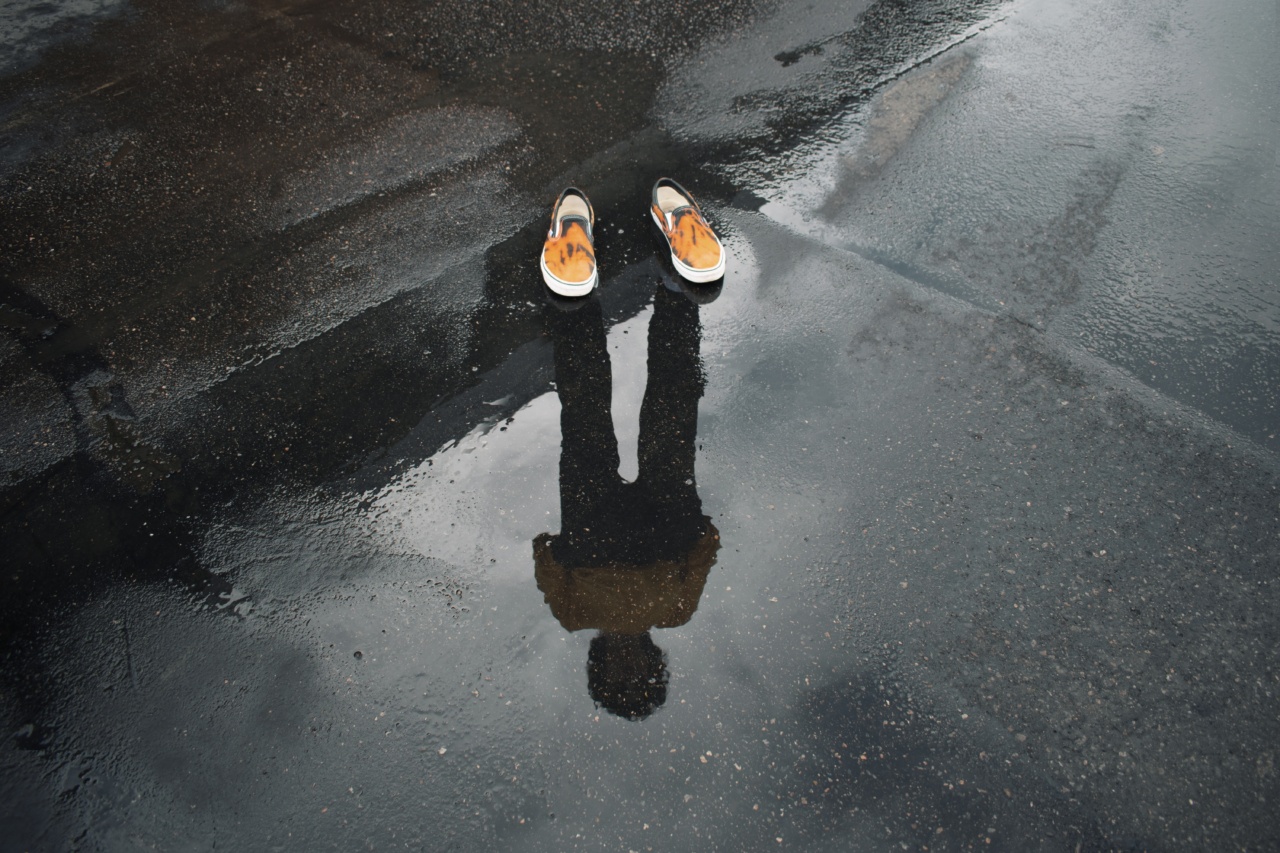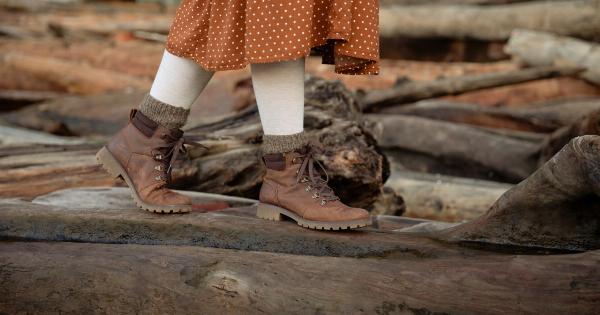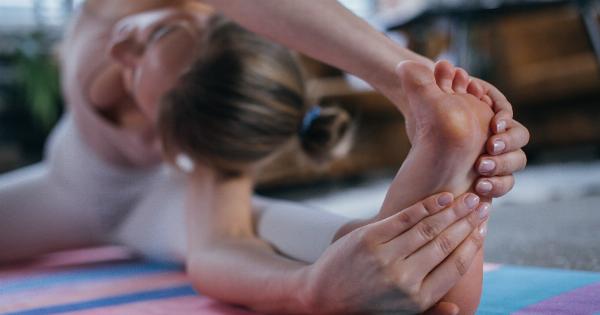Many people experience cold legs at night while sleeping. This can interfere with their sleep and result in discomfort. Cold legs can be caused by several factors, ranging from medical conditions to environmental factors.
In this article, we will discuss the various causes of cold legs during sleep and how to address them.
1. Poor Circulation
One of the most common causes of cold legs at night is poor circulation. When blood flow to the legs is restricted, it can cause them to become cold.
This condition can be caused by a range of factors, including:
- Sedentary lifestyle
- Obesity
- Smoking
- Peripheral artery disease
- Diabetes
2. Anemia
Anemia is a medical condition that occurs when you have a low red blood cell count. It can cause fatigue, weakness, and cold hands and feet. Anemia is often caused by iron deficiency, which can result from an inadequate diet or blood loss.
If you suspect anemia, see your doctor for a blood test and to discuss treatment options.
3. Hypothyroidism
Hypothyroidism is a condition in which your thyroid gland does not produce enough hormones. This can cause many symptoms, including cold feet and hands, weight gain, fatigue, and depression.
If you suspect hypothyroidism, see your doctor for a blood test.
4. Raynaud’s Disease
Raynaud’s disease is a condition that affects the circulation of blood to the fingers and toes. It can cause the fingers and toes to turn white or blue and become cold and numb. This condition is triggered by cold temperatures or stress.
If you suspect Raynaud’s disease, see your doctor for a diagnosis.
5. Restless Leg Syndrome
Restless leg syndrome is a condition that causes an uncomfortable sensation in the legs, especially at night. It can cause twitching, jerking, or spasms in the leg muscles. Restless leg syndrome can interfere with sleep and cause cold legs.
If you suspect restless leg syndrome, see your doctor for a diagnosis and treatment options.
6. Anxiety and Stress
Anxiety and stress can cause your body to release adrenaline, which can cause blood vessels in your legs to constrict. This can reduce blood flow to the legs and make them feel cold.
If you are experiencing anxiety or stress, it is important to practice relaxation techniques such as breathing exercises or meditation to reduce stress levels.
7. Cold Environment
If your sleeping environment is too cold, it can cause your legs to become cold. Make sure your bedroom is warm enough to prevent the chills. Wearing warm socks and pajamas can also help you stay warm during the night.
8. Poor Sleep Position
Sleeping in a position that restricts blood flow to your legs can cause them to become cold. Try sleeping with a pillow under your knees to elevate your legs and improve blood flow.
9. Medications
Some medications can cause cold legs as a side effect. If you are taking medication and experiencing cold legs, talk to your doctor about alternatives or ways to manage the side effect.
10. Dehydration
Dehydration can cause your body to conserve heat and reduce circulation to your extremities, including your legs. Make sure you are drinking enough water during the day to prevent dehydration and cold legs at night.
Conclusion
Cold legs during sleep can be caused by several factors, including poor circulation, anemia, hypothyroidism, Raynaud’s disease, restless leg syndrome, anxiety and stress, a cold environment, poor sleep position, medications, and dehydration.
If you are experiencing cold legs at night, try to identify the cause and address it with lifestyle changes or medical treatment. Improving your circulation, warming up your environment, and staying hydrated can also help prevent cold legs during sleep.





























